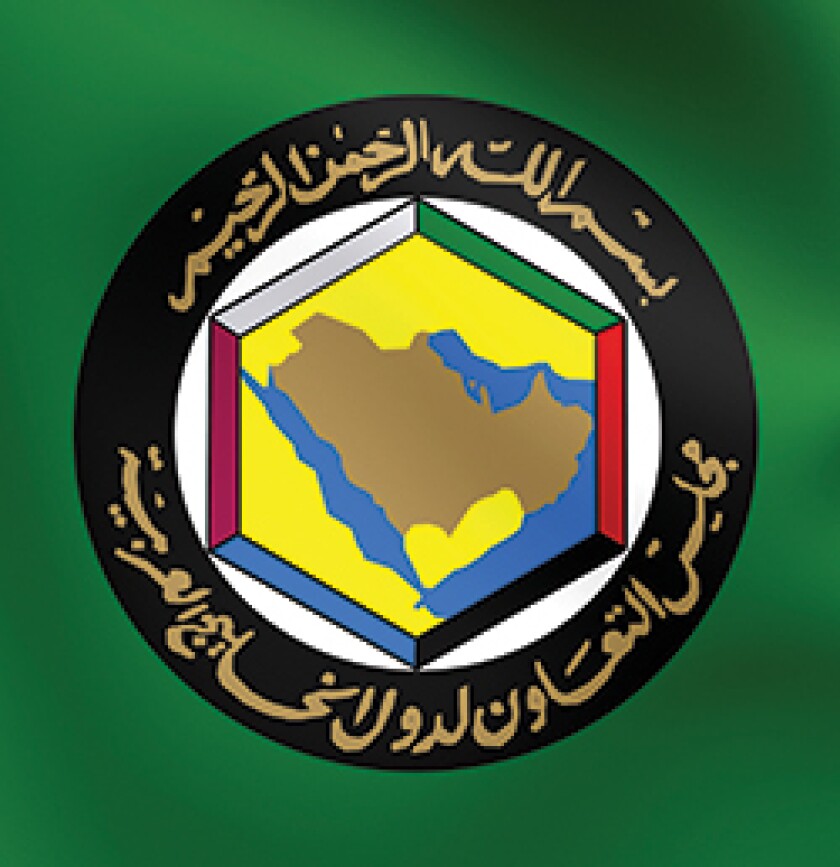The treaty is also sometimes called the Framework Agreement, and this is a good name – it sets out the 'wire frame' for a collaborative VAT system among the GCC countries. However, it is worth remembering that it is a treaty, and not a law, and therefore at its heart it is an agreement among the countries. It is not a document that taxpayers can rely on per se – one must look to local implementing laws to work out the precise mechanics of the VAT in each country. At the time of writing, only the Saudi draft VAT law is available (which itself is mainly a framework document with no detail on what will be zero-rated or exempt beyond that in the treaty) but details are beginning to emerge. In the meantime, the treaty provides vital clues about how we can expect the VAT system to work.
First, the treaty sets out what one might call a 'normal' VAT system. That is, it contains all the normal provisions one might find in a traditional VAT system – the input tax credit system, and place of supply and time of supply provisions. So anyone that knows about VAT can predict the core mechanics of the system, and it is likely that they will be right.
A commonly asked question is whether the GCC VAT system is based on the European Union model or the more modern systems found in the newer VAT-implementing countries (e.g. Singapore or New Zealand). Well, it has to start by looking at comparators, and the only comparator with a multi-country VAT system is the EU. So, for that reason, it has similarities with the EU VAT system. Similarities to the EU are principally around the intra-GCC movement of goods (and some services) between businesses (B2B) as well as to private consumers. Distance selling provisions apply so that someone supplying goods over the VAT registration threshold to another country must register there. If you are familiar with the EU VAT system, then the ability to not charge VAT on many B2B supplies where your customer is VAT registered in another GCC country will be very familiar.
After this, the GCC VAT system ceases to resemble the EU VAT system (except mechanically in the way all VAT systems are similar) and begins to look more like more modern VAT systems. This primarily manifests itself in the limited number of exemptions and zero-rates, and the very low standard rate of 5%. The GCC, in fact, has achieved something the EU has singularly failed to do and has also controlled itself so that there are only two rates of VAT – 5% for most goods and services and 0% for very specific situations. Exemptions are, in general, limited, and the system is therefore moderately simple and broad based. As a result, it is likely the GCC countries will be able to sustain low rates of VAT for the foreseeable future. There are also some exceptionally unusual and unique rules around the import of goods into the GCC. Specifically, due to the GCC rules around paying customs at the first point of entry into the GCC, VAT is also collected in this way.
All of the above said, the treaty illustrates that countries cannot always agree on the same rules. Therefore, it does allow for quite a lot of flexibility for countries to vary the local rules. In some cases, this is merely through the absence of comment, but, in many cases, this flexibility is explicit.
Zero-rating for the international transport of passengers and along with the international transport of goods is specifically required. This includes intra-GCC transport, and is not optional. However, countries have the choice between exemption, standard rating, and zero-rating for domestic passenger transport (the UAE has confirmed it will elect for exemption but other countries have not commented on this at the time of writing).
Similar choices are available for real estate, education, and healthcare. In these cases, the countries may choose between taxation, exemption, and zero-rating. Again, at the time of writing, we really only know what the UAE plans in this regard (zero-rating for most healthcare and education, with a mix of zero-rating and exemption in respect of residential property and taxation in respect of commercial buildings). In the healthcare field, the treaty requires countries to zero-rate certain pharmaceutical and medical devices, but this is based on a list that remains to be agreed and is, therefore, unavailable at this time.
The food and oil and gas sectors are also areas where the countries are given a choice, albeit more limited – they may either zero-rate or standard rate the products. In the case of food, there is a list (which is not public) of just under 100 items that are primarily commodity foods, not prepared foods. If a country opts for this treatment, it may only do so for those products on the list. Again, the UAE has confirmed VAT will be due on fuel at the pump, and also that it will not zero-rate food. The other countries have not confirmed their plans.
There is also some considerable flexibility given to countries on the treatment of some other important sectors – government entities, event hosting companies (under international agreements), farmers and fishermen who are unregistered for VAT, as well as citizens building their homes. The countries have flexibility over how they apply VAT to these groups – they may either refund the VAT to them or they may exclude them from paying tax on the supplies made to them. The UAE has confirmed it will only allow refunds, and only in the case of specified government bodies, qualifying event hosting companies, and citizens building their own homes. However, the supplies to these entities, in the UAE, will be taxed under the normal VAT rules and VAT will be due. It is not clear what the other countries will do but there is a possibility of differential treatment of supplies to these entities based entirely on the status of the recipient – this is potentially quite complex.
The countries will have flexibility regarding whether to exempt or tax financial services. Again, in the UAE we know the exemption will only apply to margin-based products (such as interest, etc.). In a similar vein, there is a zero rate for investment gold, silver, and platinum.
Finally, on the subject of VAT liability, other provisions allow for the zero-rating of means of transport (e.g. airplanes for passengers) and the compulsory zero-rating of exports of goods and services. These are expected reliefs in a normal VAT system.
There are some other choices available to the GCC countries around quite important aspects of the VAT system. Each country may choose to allow VAT grouping (fiscal consolidation of related companies) and margin schemes for second hand goods. Again, we know the UAE and also Saudi plans to allow VAT groups for domestic businesses as well as the use of the second hand scheme. The treaty also provides for transitional provisions on the introduction of VAT, but does not particularly concern itself with grandfathering rules in respect of pre-existing contracts – so each country has flexibility in this area. We know the UAE will have some grandfathering rules allowing VAT to be charged in situations where the customer can deduct the VAT, but we don't know what the other countries plan.
So, the treaty sets out the ground rules for business, and as a result they may commence quite detailed planning even though the domestic laws and implementing regulations might not be available. We know the countries can move quickly when they have the political will to do so, so businesses should be ready to react and they can begin the planning process now. We would recommend they do so.

|
Justin Whitehouse Deloitte LLP |










